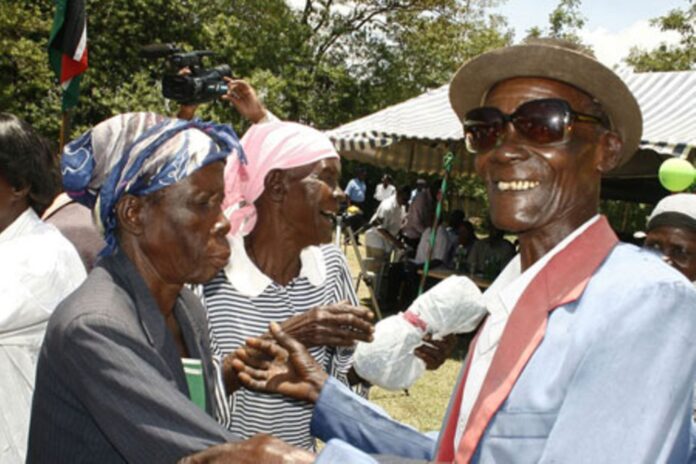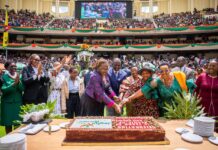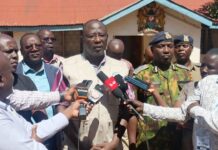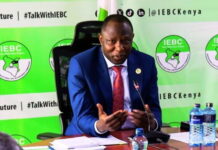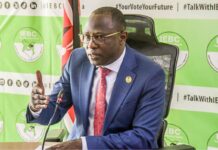The Kenyan government is making strides to formally recognize the crucial role that village elders play in governance and community development.
During the Second National Executive Retreat in Naivasha, Nakuru County, Principal Secretary for Internal Security and National Administration, Dr. Raymond Omollo, led a consultative review highlighting the potential benefits of engaging village elders more systematically.
A key element of the proposed policy framework is the introduction of a monthly allowance for village elders, potentially starting at Ksh 2,000, similar to what participants receive in the Inua Jamii Programme.
This stipend could rise to Ksh 7,000 based on the economic conditions in the country. This initiative aims to compensate these community leaders, who have traditionally volunteered their services without pay.
“Village elders play a crucial role in our communities, and we must recognize their efforts,” stated Dr. Omollo, accentuating the elders’ significant contributions in promoting awareness, resolving disputes, and initiating development projects.
He referenced the Nyumba Kumi Initiative, which emphasizes community cohesion and local governance, as a platform where these elders are instrumental.
The proposed framework also seeks to address practical concerns regarding the recruitment and management of village elders.
It covers aspects such as terms of engagement, functions, remuneration schemes, and conditions for termination.
This structured approach aims to ensure clarity around their roles and streamline their integration into government programs.
Currently, Kenya has over 9,045 sub-locations and approximately 106,072 villages.
The proposal aims to amend the National Government Coordination Act of 2013, granting village elders official recognition as government officers assigned special duties.
This change would formalize their influence in their respective communities, granting them legal status and compensatory benefits.
Interior Cabinet Secretary Kithure Kindiki reinforced the need for legislative support in recognizing village elders, calling on lawmakers to revise the National Government Coordination Act to designate villages as essential administrative units.
He outlined that newly defined criteria for villages would be established based on population size, geographic area, and socio-cultural factors.
The government’s commitment to village elders underscores their vital role in grassroots governance, bringing the voices of local communities to the forefront.
As representatives closest to the people, village elders, known as headmen or wazee wa mtaa, are essential in facilitating government initiatives at the village level.









